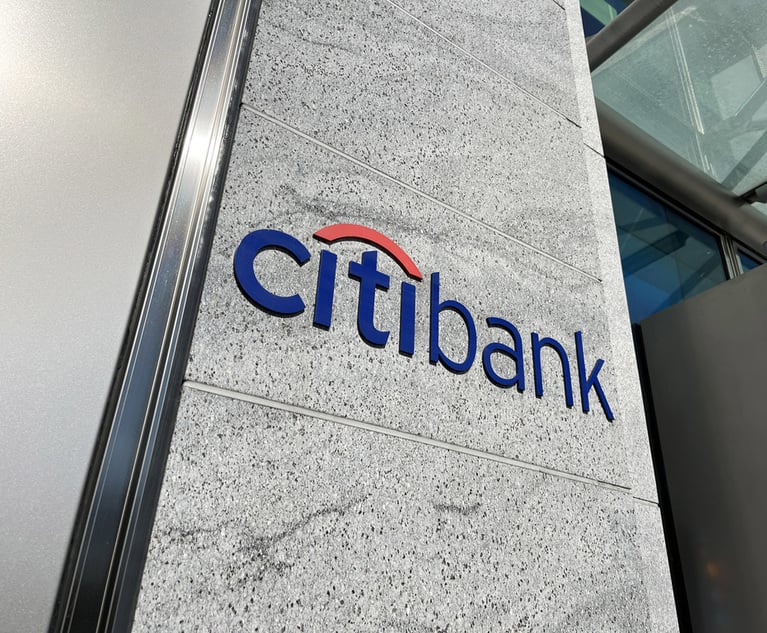An all too common occurrence today is a debtor filing a Chapter 13 bankruptcy petition to regain possession of a vehicle that was repossessed pre-petition. See Ralph Brubaker, Turnover, Adequate Protection, and the Automatic Stay: A Reply to Judge Wedoff, 38 Bankr. L. Letter No. 11, at 1 (Nov. 2018) (calling this a “popular strategy”). This scenario applies to any collateral repossessed pre-petition, not just vehicles. Two important questions immediately arise in this scenario: (i) does the creditor have to return the vehicle at the debtor’s request, and (ii) will the failure to return the vehicle expose the creditor to damages for violation of the automatic stay?
The answers to these important questions are different in New York and New Jersey. In New York and the Second Circuit, the creditor must return the vehicle or face sanctions for a willful violation of the automatic stay. In re Weber, 719 F.3d 72, 81, 83 (2d Cir. 2013). In New Jersey and the Third Circuit, retaining possession of the vehicle post-bankruptcy does not violate the stay. In re Denby-Peterson, 941 F.3d 115, 126 (3d Cir. 2019).


 Shutterstock.com
Shutterstock.com




